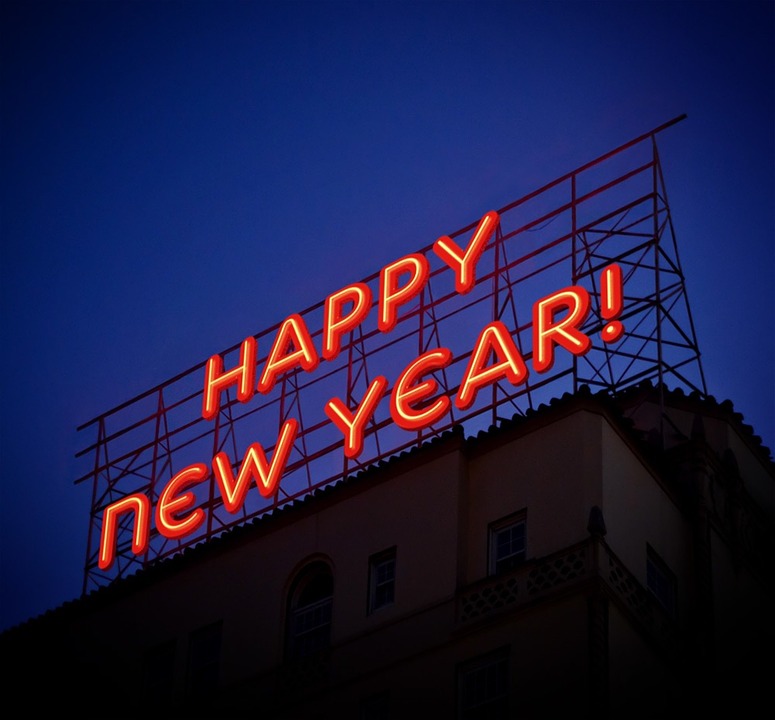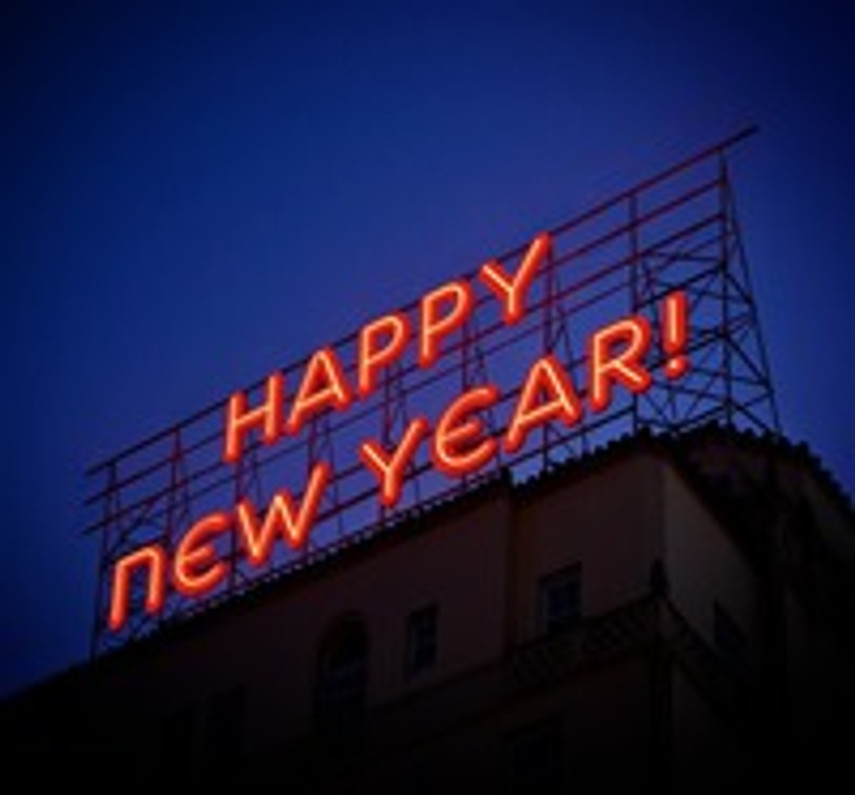Fireworks Safety Tips When Ringing in the New Year

According to a study conducted by the Consumer Product Safety Commission (CPSC), there were approximately 8 deaths and 11,400 injuries sustained by consumers as a result of fireworks in 2013, up from just 8,700 injuries in 2012. While the Fourth of July remains the most popular day of the year for launching fireworks, New Year's Eve is a close second. Many individuals and their families enjoy launching fireworks into the night sky as a means of celebrating the New Year. But before you go lighting the fuse, there are a few things you should know regarding fireworks safety.
Beware of Sparklers!
Don't assume that sparklers -- handheld fireworks that sparkle like a fuse -- are any less dangerous that larger, more complex fireworks. On the contrary, sparklers are often the cause of burn injuries among users. This is due to the fact that once lit, a sparkler can achieve temperatures in excess of 2,000 degrees Fahrenheit, which is more than enough to cause second and third-degree burns.
Keep a Garden Hose Nearby
As the saying goes, hope for the best but prepare for the worst, holds true when lighting fireworks. Hopefully, everything will run smoothly and without incident, but if a firework strays off course and lands in a wooded area, you need a plan in place to contain the fire and prevent it from spreading. A simple and effective solution is to keep a garden hose nearby. If you notice a fire has been started, spray it down with the water hose to extinguish it.
Adults Only
Although most fireworks have labels stating "for adults only," many users seem to overlook this piece of advice. Whether it's a bottle rocket or sparkler, fireworks should only be used by adults 18 years of age or older.
One Firework at a Time
When shooting fireworks this New Year's Eve, remember to only light one at a time. Lighting multiple fireworks at once can lead to large explosions, sending balls of fire shooting in all directions. To prevent this from happening, only light one firework at a time. After it has finished, you can move on to the next.
Do Not Relight 'Dud' Fireworks
When a firework fails to shoot, do not attempt to relight it. The shorten and/or faulty fuse increases the risk of an injury, as the firework may sudden explode instead of shooting off into the sky. Instead, pour water over the firework, wait until it has cooled, and then remove the firework.
Recent Posts
-
Fire Safety in the Workplace: What You Need to Know
What steps are you taking to prevent fires in your workplace? According to the U.S. Occupational Saf …Aug 23rd 2023 -
Is It Safe to Go Jogging With a Cold Infection?
If you're suffering from a cold infection, you might be wondering whether it's safe to go jogging. T …Aug 22nd 2023 -
5 Safety Tips to Follow When Using a Powder-Actuated Tool
Powder-actuated tools are commonly used to join materials to steel and concrete. Also known as Hilti …Aug 20th 2023




